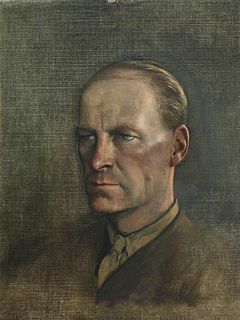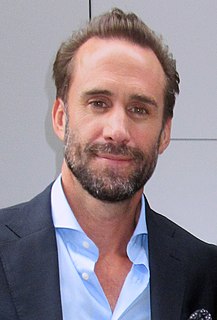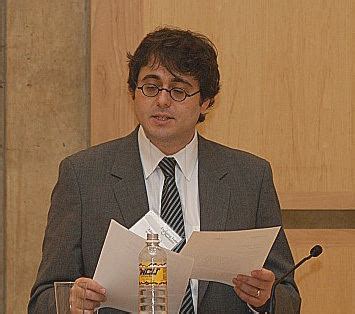A Quote by Joseph Campbell
The myth does not point to a fact; the myth points beyond facts to something that informs the fact
Related Quotes
The heart of Christianity is a myth which is also a fact. The old myth of the Dying God, without ceasing to be myth, comes down from the heaven of legend and imagination to the earth of history. It happens - at a particular date, in a particular place, followed by definable historical consequences. We pass from a Balder or an Osiris, dying nobody knows when or where, to a historical Person crucified (it is all in order) under Pontius Pilate. By becoming fact it does not cease to be myth: that is the miracle.
We must remember that there is a great difference between a myth and a miracle. A myth is the idealization of a fact. A miracle is the counterfeit of a fact. There is the same difference between a myth and a miracle that there is between fiction and falsehood -- between poetry and perjury. Miracles belong to the far past and the far future. The little line of sand, called the present, between the seas, belongs to common sense to the natural.
But myth is something else than an explanation of the world, of history, and of destiny. Myth expresses in terms of the world - that is, of the other world or the second world - the understanding that man has of himself in relation to the foundation and the limit of his existence. Hence to demythologize is to interpret myth, that is, to relate the objective representations of the myth to the self-understanding which is both shown and concealed in it.
Dream is personalized myth, myth is depersonalized dream; both myth and dream are symbolic in the same general way of the dynamics of the psyche. But in the dream the forms are quirked by the peculiar troubles of the dreamer, whereas in myth the problem and solutions shown are directly valid for all mankind.

































